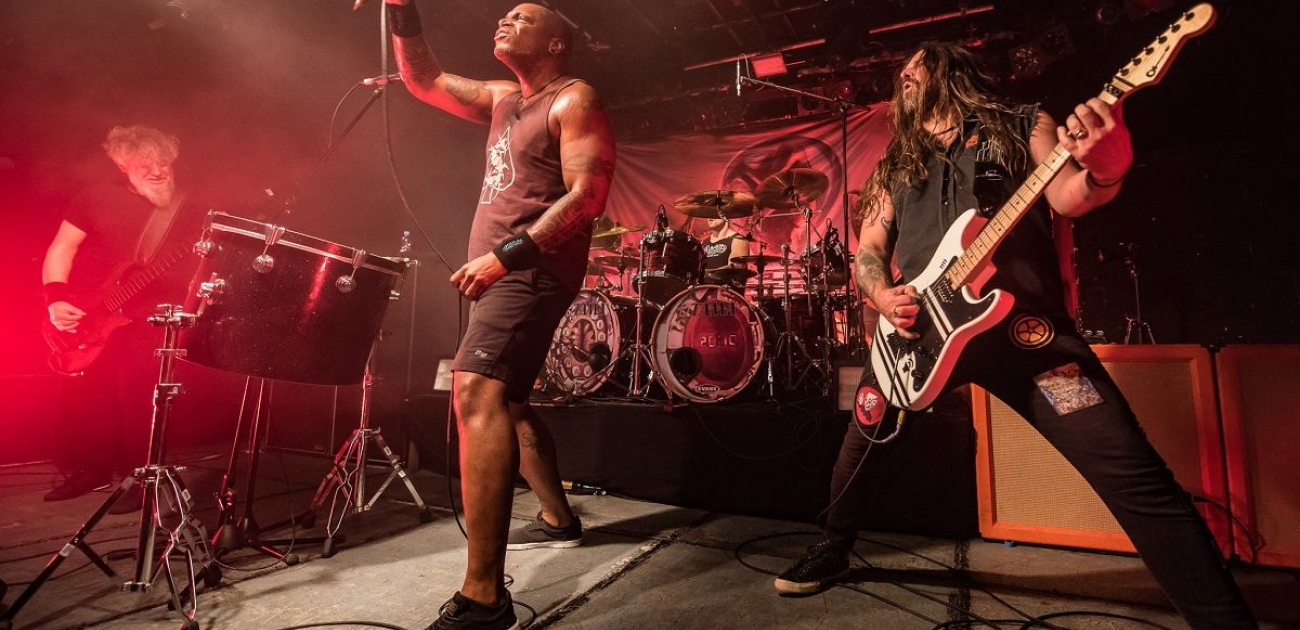Football, Prejudice, Elitism And The Band Sepultura
Football should not be treated, in Brazil, just as a game. Much less as an instrument of alienation from the masses. On the left or on the right, it doesn't matter, the contempt (or prejudice) for the activity that attracts, to a greater or lesser extent, approximately 140 million Brazilians and 4.5 billion Earthlings, is unacceptable.
The unacceptability intensifies - and advances to the field of nonconformity - when it is verified that, based on a supposed relationship of reverence, other countries started to extract the local wealth - players, many of them in the formation stage -, transform them and, with them, dominate the world football industry.
Formerly a reference, Brazilian football has thus become a supplier of primary material and a maintainer of organizational obsolescence and systemic mediocrity.
It is not just the result of cartolarial incompetence or legislative mistakes; it also stems from historical movements, of a patrimonialist nature, unconcerned with the distribution of wealth and the popularization of knowledge.
Yes: football could offer unique conditions for attracting children to the classroom, for social inclusion and for contributing to the nation's economic development; but that is what most of the elite, regardless of affiliation or political belief, do not want.
Nor does he want other forms of artistic expression - equally defiant of elitist standards - to spread and turn into movements to challenge a failed model of society.
Only from this perspective is the lack of due attention from Brazil to the band Sepultura, formed in Belo Horizonte in the 1980s, which has long since become a worldwide phenomenon.
The provocation is not irrelevant. Remember that, in South Korea, local pop music (K-pop) has become a theme of state - or at least government.
Since the formation of Sepultura, more than 20 albums (including LPs, ep's and live recordings) have been recorded, sold tens of millions of copies, visited around 80 countries with their tours and collected gold discs on several of them, such as Portugal, United States, Australia, Canada, France and England.
In addition to the numbers - or more than they do - attitudes and messages stand out. Some examples are mentioned.
In 1993, the band shook music criticism with the strength (and violence) of the album Chaos A.D. The first track, called Refuse / Resist, opened up the revolt with the abuses committed in the name of States. In fact, the refrain Refuse / Resist could, not without authority, be added to the list of musical passages that express indignation against authoritarian acts, such as "Despite you" and "Bella Ciao".
Years later, in 1996, the band released another album, called Roots, which not only established a new world standard for the musical style, but also revered some of its Brazilian roots, with the participation of Carlinhos Brown (and the powerful Afro-Bahian percussion) and from an Xavante indigenous tribe, with whom he recorded the track Itsári: a sound fusion that, if promoted by a Scandinavian or American musician, would certainly be acclaimed.
Two years later, one of the founders and vocalist, Max Cavalera, left the band. In place of a white man, with long brown hair, from the middle class, who had all the characteristics of a frontman desired by a major label, the remaining members made an unlikely decision by market standards: they integrated a black singer, unknown and that acted, at that moment, as a bar security. After more than 20 years, Derrick Green still thunders scholarship and unrestrained indignation at intolerance.
Taking a chronological leap, recently, in the beginning of 2020, Sepultura, always led by guitarist Andreas Kisser - a person very aware of his importance and the importance of the band -, released a new album: the exceptional Quadra, which was welcomed by the journalist and critic Gastão Moreira as an absolute expression of contemporaneity; therefore, a reference for music and contemporary art.
In fact, there is an impressive combination of influences that range - in the midst of so much weight and speed - from classical music to hard rock, through jazz and progressive rock; besides, as already indicated, the Brazilian rhythms. A technical work, open, tolerant, democratic and without prejudice.
For all these reasons the comparison with football is not unreasonable.
Even though it was created by nobles, for their own exclusive delight, the spread was rapid and expanded to the entire planet and to all classes. There is no country where the game is not practiced. A round object, produced from any rolling material, such as socks, is enough to start an epic match between its participants.
In Brazil, in particular, soccer has become, for many children or families, a breath of hope; a path, or a dream, of a different life, inserted, socially and economically. In fact, it exposes the real Brazil, which is not white and neither lavish in opportunities; but a funnel, which few pass through. An activity that can contribute to the inversion, therefore, of the stratification imposed since the Portuguese invasion, which occurred more than 500 years ago.
This perspective indicates a necessary environment of tolerance and affirmation of humanitarian achievements that cannot exist only in the text of the Constitutional Charter.
This is where the real question arises: whether football, organized as a sustainable market, respecting intangible cultural heritage, the rights of players and the economic agents that are part of it (clubs, clubs transformed into companies, investors, etc.), boasts such a transformational vocation, what is the reason for so much resistance?
The answer seems evident: the resistance, in this case, is not part of the same inspiring non-conformity - in the opinion of this writer - of the Sepultura song, since it was built, on the contrary, to maintain powers and privileges.
Perhaps the same interests and privileges that are threatened by the powerful messages given by the Brazilian band.
Do you want more information?
 Rodrigo Monteiro de Castro
Rodrigo Monteiro de CastroRodrigo Monteiro de Castro is specialized in corporate and business laws, corporate transactions (M&A), capital markets and contracts.

